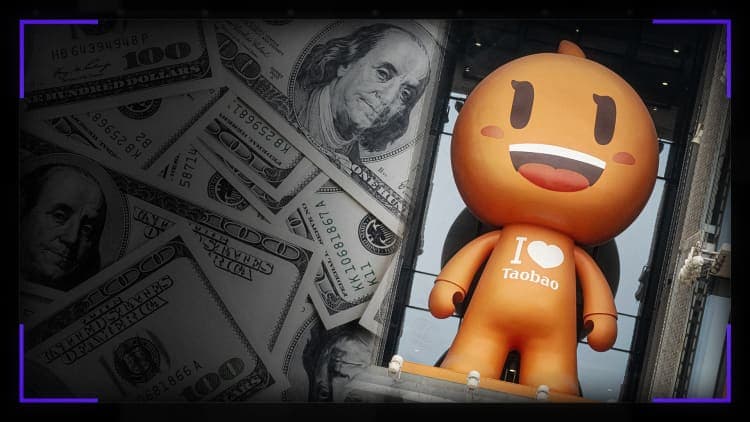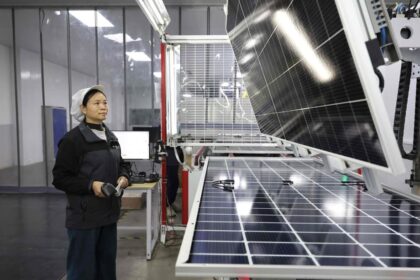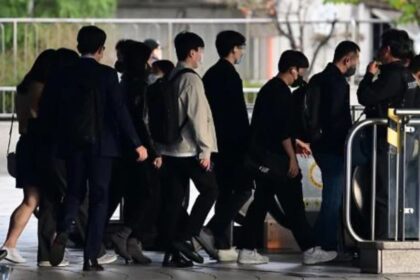From Ant shock to AI powerhouse
Four years ago, Alibaba looked like a cautionary tale. Beijing halted Ant Group’s initial public offering in 2020. Regulators soon levied a 2.8 billion dollar antitrust fine on Alibaba. More than 400 billion dollars of market value evaporated as the company endured investigations, management churn, and public silence from its famed founder Jack Ma. Competitors pressed their advantage at home and overseas. Analysts questioned whether the onetime champion of Chinese internet services could regain momentum.
The story has swung back. In 2025, Alibaba posted its fastest revenue growth in more than a year. Sales rose 8 percent to 280.2 billion yuan in the December quarter. Cloud revenue, which houses AI projects and computing power for outside clients, climbed 13 percent to about 4.3 billion dollars. International commerce revenue surged 32 percent on platforms such as AliExpress and Trendyol. The stock jumped at the results and Alibaba regained near 100 billion dollars of market value this year, though it remains below its peak before the crackdown.
Behind the numbers is a decisive strategy shift. Chairman Joe Tsai and CEO Eddie Wu refocused teams on core online commerce and doubled down on artificial intelligence. They put AI at the center of the cloud unit, adopted an open source model family that developers could use and adapt, and pushed a startup mindset across the company. As Beijing signals support for private tech firms that build national capabilities, Alibaba has placed itself at the front of China’s drive to lead in AI by 2030.
What changed inside Alibaba
Inside the company a simple playbook took hold. Eddie Wu asked teams to think like a startup and elevated two north stars. The first is user first. The second is AI driven. Wu and Tsai simplified priorities, curbed sprawling side projects, and pointed cash toward the businesses that could scale with data and computing.
A radical restructure and new leadership
Alibaba undertook one of the largest restructures in its history in 2023. It split into separate business groups for online commerce, cloud intelligence, global retail, logistics, local services, and entertainment. The move gave each unit more autonomy and accountability. Wu became CEO and Tsai returned as chairman, a pairing with deep roots inside the company. Alibaba later scrapped a planned spin off of the cloud group after new chip export controls made the outlook uncertain, and instead kept cloud at the core of its strategy.
That housecleaning set the stage for the next phase. Jack Ma reemerged in 2025 at a high profile meeting chaired by President Xi Jinping, a visible sign that relations with the state had thawed. The episode mattered because client confidence had suffered during the clampdown, and senior level reassurance can help win back business.
Back to basics with online retail
Management also returned attention to Alibaba’s original growth engine, domestic online retail. Taobao and Tmall focused on lower prices, quality control, and live video shopping as rivals from PDD and ByteDance grabbed share. Singles Day, the huge November shopping festival, again served as a proving ground for new AI tools that help merchants create product pages, target promotions, and manage service at scale.
Outside China the company leaned on AliExpress and Turkey based Trendyol to capture value growth in cross border retail. International commerce has been a bright spot, recording double digit growth as inflation and a stronger dollar reshaped consumer demand in many markets.
Betting the company on AI
Alibaba has invested in AI for years, including foundational models and custom chips during the Covid period. The release of ChatGPT in late 2022 jolted management to go faster. Eddie Wu told investors this year that Alibaba will spend more on AI infrastructure over the next three years than it did in the past decade and that AGI now sits at the center of the mission. As Wu put it on a recent call:












